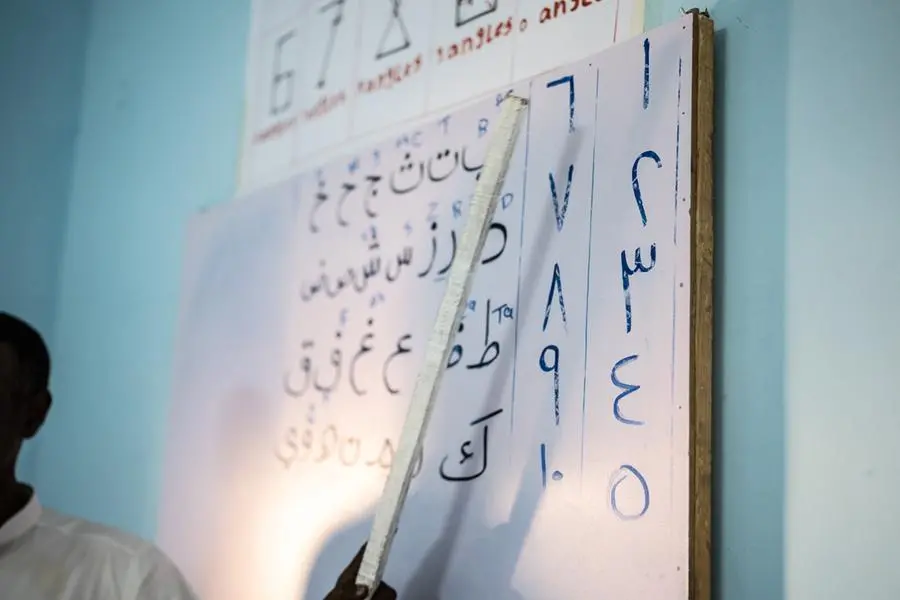PHOTO
AMMAN — The illiteracy rate among Jordanian women (15 years and older) decreased to 7.3 per cent in 2022, compared to 9.5 per cent in 2015, the Department of Statistics (DoS) said on Sunday.
The department, on the occasion of the International Women’s Day, based on the results of the labour force survey data, said that the increase in the percentage of educated women reached 92.7 per cent in 2022, compared to 90.5 per cent in 2015, the Jordan News Agency, Petra, reported.
DoS said that the annual statistical report of the Ministry of Education for the year 2021/2022 showed that the enrolment rate for female students in the basic education stage reached 94.8 per cent, compared to 94.1 per cent for male students,
It also said that the enrolment rate for female students in the secondary education stage reached 83.1 per cent, compared to 71.7 per cent for male students.
The percentage of female principals in the basic education stage was 75 per cent, compared to 25 per cent for male principals, while 61.3 per cent of secondary education principals were females, compared to 38.7 per cent males.
In the basic education stage, the percentage of female teachers was 70.1 per cent compared to 29.9 for males, and in the secondary education stage, the percentage of female teachers was 55.1 per cent, compared to 44.9 per cent for teachers.
Women constitute 47.1 per cent of the total population, compared to 52.9 per cent of males, which means that for every 100 females in Jordan, there are 112.5 males.
The percentage of productive females in the productive age group (15-64) years reached 60.6 per cent of the total females, and the results of the labour force survey showed a high percentage of Jordanian women heading their families increasing to 20.6 per cent in 2022, compared to 15.5 per cent in 2015, marking an increase of 32.9 per cent.
According to the department, Jordanian women achieved “great” progress in university and postgraduate education in 2021/2022, as the percentage of female graduates with bachelor’s degrees reached 60.9 per cent, compared to 39.1 per cent for males.
The DoS added that the percentage of female graduates with higher diploma degrees reached 62 per cent, compared to 38 per cent for males, and the percentage of female graduates with master’s degrees reached 59.6 per cent.
The department added that compared to 40.4 per cent for males, the percentage of females holding a PhD degree was 56.3 per cent, compared to 43.7 per cent for males.
The results also showed an increase in the economic participation rate of Jordanian women (15 years and over) to 15.1 per cent, compared to 14 per cent in the fourth quarter of 2022.
© Copyright The Jordan Times. All rights reserved. Provided by SyndiGate Media Inc. (Syndigate.info).





















